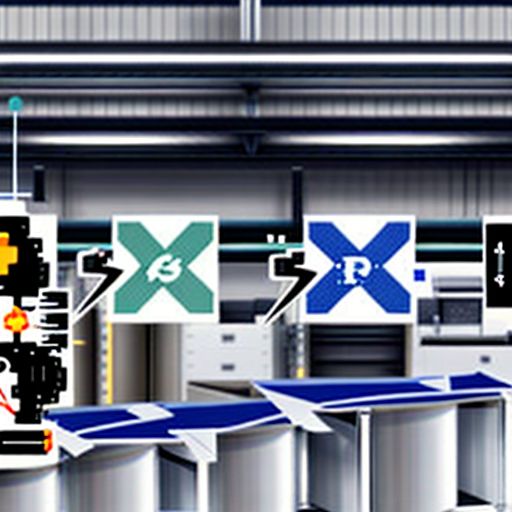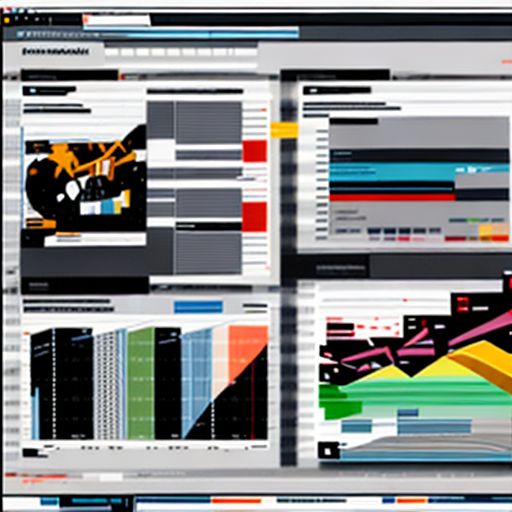Imagine a manufacturing company where sales orders, inventory management, and production planning operate in silos. Information delays, stock discrepancies, and missed deadlines become the norm. This scenario, sadly, plays out in countless businesses. However, there’s a solution: Integrated Business Processes With Erp Systems. This powerful combination can transform your business, bringing departments together and unleashing a wave of efficiency.
Understanding the Power of Integration
What are Integrated Business Processes?
Integrated business processes mean breaking down departmental barriers and connecting workflows across your organization. Instead of operating independently, departments share information and collaborate seamlessly, creating a unified approach to business operations.
The Role of ERP Systems
This is where Enterprise Resource Planning (ERP) systems come in. These sophisticated software solutions act as the central nervous system for your business. They integrate various business functions – from finance and accounting to supply chain management and human resources – onto a single platform.
erp.bartenderqh.com/wp-content/uploads/2024/07/erp-system-integration-669495.jpg" alt="ERP System Integration" width="512" height="512">ERP System Integration
The Transformative Benefits: Why Integration Matters
The integration of business processes with ERP systems isn’t just a technological upgrade; it’s a strategic move with the potential to revolutionize your operations. Here’s why:
- Improved Efficiency and Productivity: Automated workflows and real-time data eliminate manual tasks and bottlenecks, empowering your team to focus on higher-value activities.
- Enhanced Collaboration: Information silos crumble as departments gain visibility into each other’s processes, fostering better communication and teamwork.
- Data-Driven Decision Making: With all your data in one place, you gain powerful insights into your business performance, allowing for more informed and strategic decisions.
- Increased Agility and Responsiveness: By connecting processes and improving visibility, your business becomes more agile, adapting quickly to changing market demands and customer needs.
- Cost Savings: Streamlined processes, reduced errors, and optimized resource allocation translate directly into bottom-line savings.
Key Questions Businesses Have About ERP and Business Process Integration
Integrating an ERP system represents a significant investment, and it’s natural to have questions. Here are some common concerns businesses often raise:
How do I choose the right ERP system for my business?
Selecting the right ERP system is crucial for successful integration. Factors to consider include industry fit, business size, budget, scalability requirements, and desired features.
What are the challenges of implementing an ERP system, and how can I overcome them?
Implementing an ERP system can be complex and requires careful planning, change management, and employee training. Engaging with experienced consultants can significantly smooth the process.
How can I ensure data security and integrity with an integrated system?
Data security is paramount. Look for ERP systems with robust security features, establish clear data governance policies, and train employees on best practices for data handling.
The Future of Business: Integrated and Optimized
In today’s competitive landscape, businesses can’t afford to operate in silos. Integrated business processes powered by ERP systems are no longer a luxury; they are a necessity for staying ahead of the curve. By embracing integration, you’re not just improving your operations; you’re positioning your business for sustainable growth and success in the years to come.
What are your thoughts on integrating business processes with ERP systems? Share your experiences and questions in the comments below. Let’s start a conversation about how we can leverage technology to build more efficient and profitable businesses.










